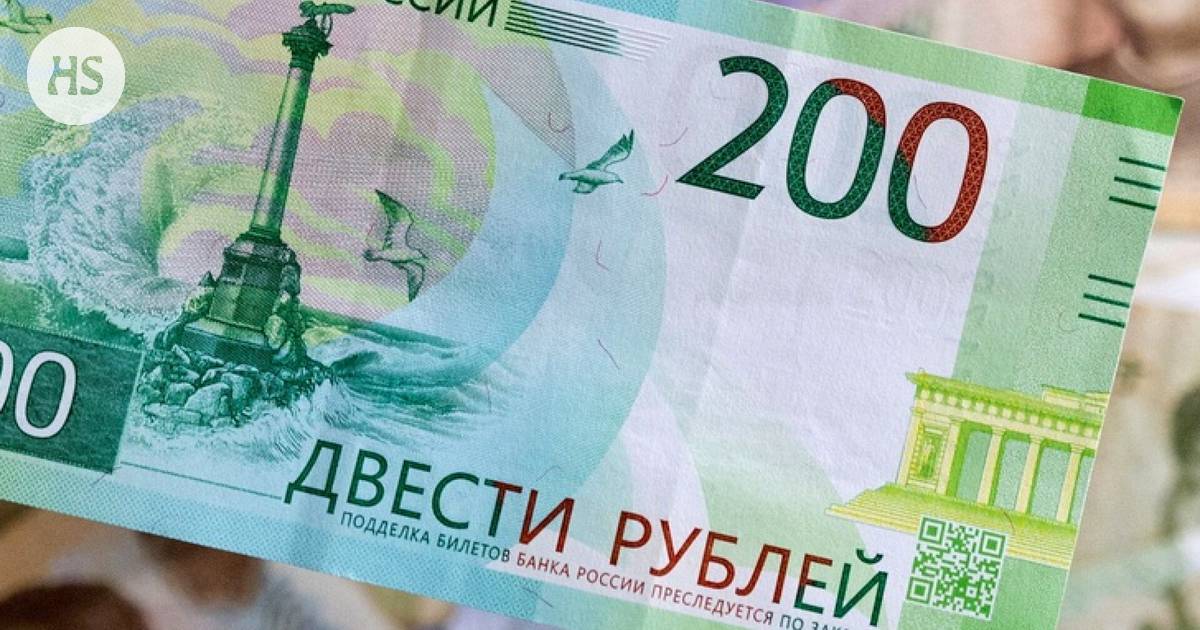In December, the US Treasury Department announced economic sanctions on foreign banks supporting Russian warfare. This led to a collapse in exports from Turkey to Russia and an increase in the use of rubles in trade. The sanctions target banks that finance the purchase of equipment important to Russia’s warfare, complicating the flow of money in Russia. As a result, trade between Russia and certain countries has plummeted in the first quarter of this year, with Turkish exports to Russia decreasing by a third to $2.1 billion.
These secondary sanctions, imposed by the United States, are aimed at banks in countries whose trade with Russia has increased significantly since the war against Ukraine began. The value of exports of high-priority products from Turkey to Russia and neighboring countries has also fallen by 40 percent to $93 billion. High-priority products are goods critical for civilian use but with military implications, such as microchips. Russian companies have turned to smaller banks and alternative currencies to avoid working with large banks that may fear sanctions.
The use of rubles in trade has increased, with the Central Bank of Russia reporting a rise in ruble payments for exports and imports. Before the war against Ukraine, less than 15 percent of the country’s exports were paid in rubles, but in February 2023, this share rose to 40 percent. The US sanctions have had a significant impact on Russia’s trade relationships and the flow of money in the region.
In summary, economic sanctions imposed by the US Treasury Department on foreign banks supporting Russian warfare have led to a collapse in exports from Turkey to Russia and an increase in the use of rubles in trade. These secondary sanctions are aimed at banks whose trade with Russia has increased significantly since the war against Ukraine began and have resulted in significant falls in export values for high-priority products from Turkey and neighboring countries.
Russian companies have turned away from large banks due to fear of sanctions and towards smaller banks and alternative currencies such as rubles instead. The use of rubles has risen dramatically since before


